In 2017, a largely unknown group – then called Better Angels – chartered a bus tour of the United States to facilitate conversations between people on the opposite sides of the political spectrum.
Around this time, a group of parishioners from the Community Church of Chapel Hill Unitarian Universalist had been facilitating meetings called Sanctuary for Dialogue. One day, Laura Gilliom – a member of this group – was listening to Indivisible on NPR and heard about the bus tour. When she told her church group about it, they were immediately interested in getting involved. Steve Warshaw, a parishioner and now Braver Angels state coordinator for North Carolina, even reached out and offered to house the Braver Angels co-founders David Blankenhorn and David Lapp, as well as Ciaran O’Connor, as they traveled through North Carolina.
“Living with the Davids and Ciaran for two days sold me,” Steve said. “I appreciated hearing about their commitment and solutions-oriented approach to depolarize.” Then, that same week, Dr. Bill Doherty – the third co-founder – unexpectedly came to their church for Sunday mass and even more people were sold. “It was serendipitous that it happened at the right time for us,” Steve said.
Laura – who now serves as the Blue Co-Chair for the Braver Angels Alliance of Central NC – agreed. “It made a difference that we were involved in early days and saw they were making it up as they were going along,” she said. “It gave us the confidence to come up with new ideas and just go for it.” And they have – from writing letters of gratitude to first responders, to co-authoring a bipartisan letter to the editor in The News & Observer, to piloting a program called Braver Discussions, which are informal yet semi-structured discussions about a particular political issue. This alliance is willing to experiment to see what sticks and they’re scrappy enough to ensure their visions come to life. “We are kind of opportunistic,” Steve said. “We can do just about anything Braver Angels offers.”
“It made a difference that we were involved in early days and saw they were making it up as they were going along. It gave us the confidence to come up with new ideas and just go for it.”
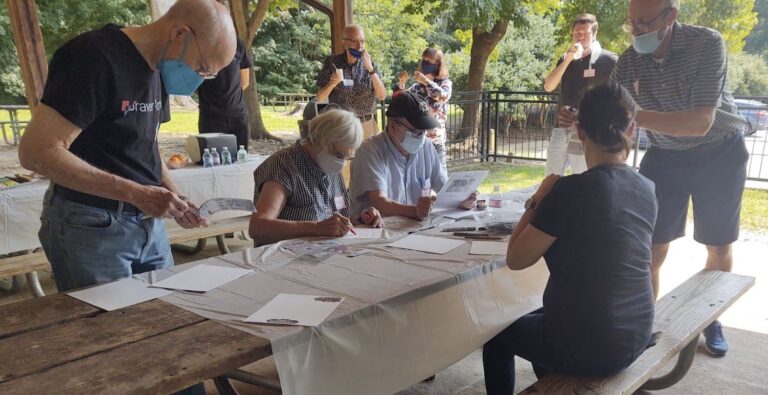
Most notably, they’ve been working with state and local politicians in North Carolina to put together a new type of town hall – first created by Charles Heckscher, a sociologist and the director of the Center for the Study of Collaboration in Work and Society at Rutgers University.
Here’s how it works: first, they identify one Republican elected official and one Democratic elected official – typically two people who have a strong working relationship – to have an initial conversation about an issue they’d like to explore, such as education or transportation. Then, once they choose a topic, they invite people from their community to register for the town hall. When registering, participants will identify whether they lean Red or Blue and rate how strongly they feel about the issue. Using the survey instrument Polis, participants can also see policy solutions that have been proposed, vote on which they think are the most important, and even suggest their own.
“Our town halls show people from either side of the political divide that they can work together.”
When it comes to the day of the town hall, participants from across the political spectrum gather together in an orientation so they can get a briefing on how the town hall will go. Then, the organizers identify the top three policy solutions with the most bipartisan support and organize participants into breakout groups – each focused on discussing one of the solutions. This way, participants go into the town hall knowing where there’s the most common ground. After the participants have had an opportunity to discuss and share their various perspectives, the town hall officially begins with the two elected officials joining their constituents to have a candid conversation about the best bipartisan solutions for the chosen issue.
These town halls have proven to be an asset to elected officials and constituents alike. “The legislators get to hear directly from their constituents and share potential opportunities or challenges with particular solutions,” Steve said. “And constituents really appreciate talking to elected officials, hearing feedback, asking questions, and learning about any progress already being made on the issue.”
While it’s great if there’s energy mobilized around a particular solution, that isn’t the main goal of the town halls. “Showcase issues wind up in the media and give people the impression local government doesn’t do much, but our town halls show people from either side of the political divide that they can work together,” Steve said. Just like any other Braver Angels program, town halls allow people with different opinions to sit next to one another, learn from each other’s life experiences, and better understand how they found their way to their perspectives. “The outcome is more about principles that are agreed on than policies,” Laura said.
“We’re just a group of people who work together, respect each other, and share a common purpose to leave the world better than we found it.”
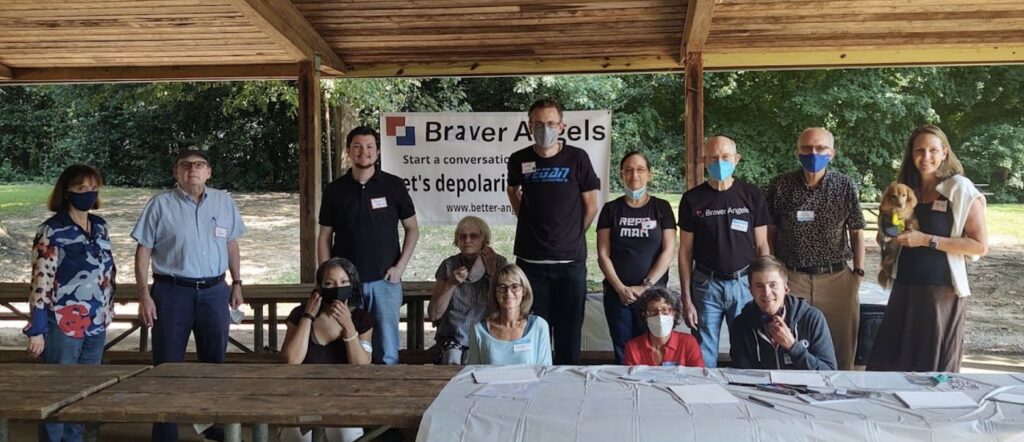
The success of the Braver Angels Alliance of Central NC is driven by people who have taken on leadership roles throughout the organization. “We have people who work at the national level on debates, we have people on the development team from our alliance,” Steve said. “We really have an outstanding group of people here making strong contributions to Braver Angels.” One person, in particular, has had an indelible impact. “Our alliance is very fortunate to have Steve,” Laura said. “He makes things happen.”
“Sometimes the ideas are good, sometimes they’re not so good,” Steve joked. “We’ve pushed the envelope a little bit – particularly with developing new workshop ideas – and had to negotiate with the powers that be in order to have quality control and ensure it’s a positive Braver Angels experience. But that is what we do.” And they do it, above all, for the sake of their community and their country. “We’re just a group of people who work together, respect each other, and share a common purpose to leave the world better than we found it,” Steve said. “To me, that is the most gratifying part.”
For more information on Braver Angels alliances and how to get involved, go to this link. To learn more about town halls, go to this link. To suggest more stories I could report from the Braver Angels community, send me a note at gtimmis@braverangels.org.

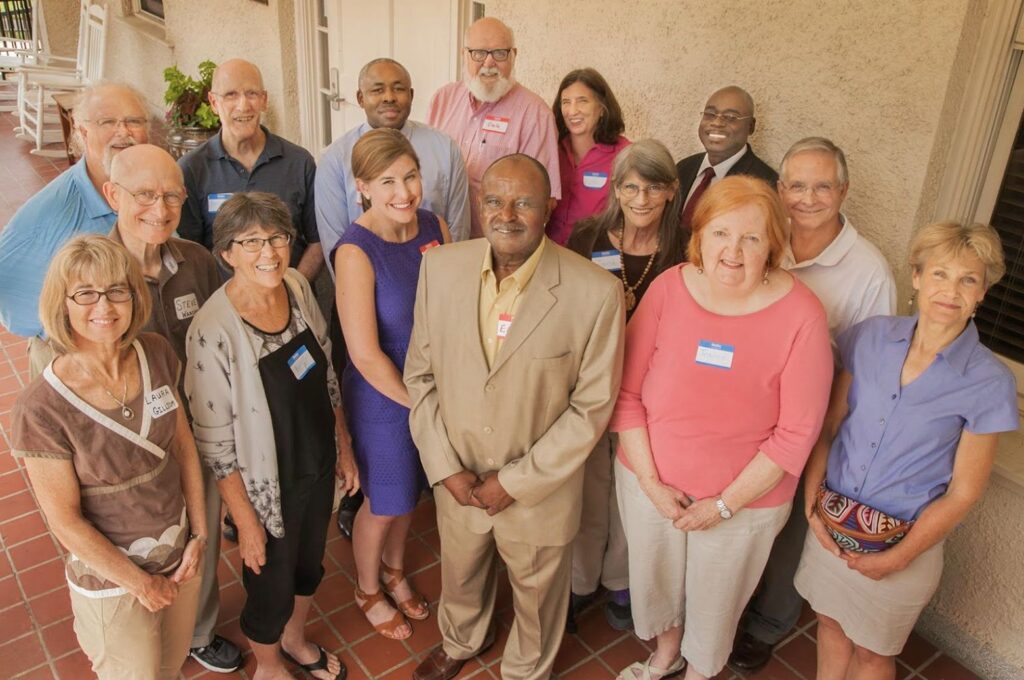
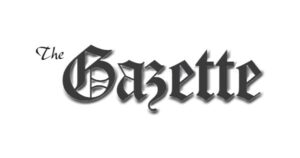
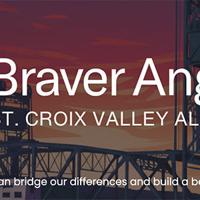
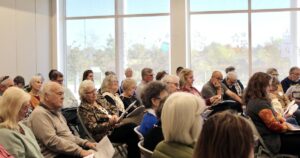
1 thought on “How innovation and scrappiness help a North Carolina alliance serve their community”
I love the town hall approach and wish we had this across America. Curious how many people tend to show up and if they’re representative of the community.